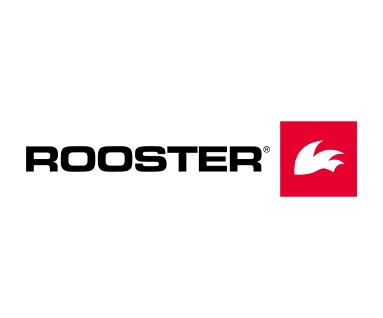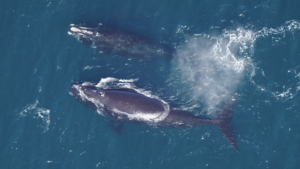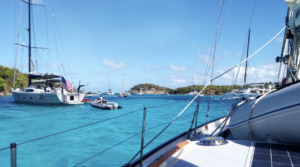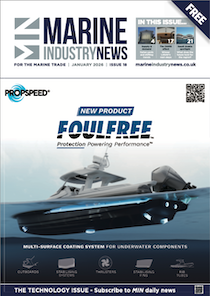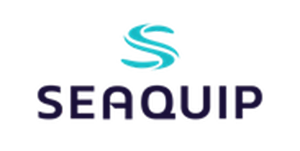In Focus: Navico Group on bringing brands together and the launch of Fathom
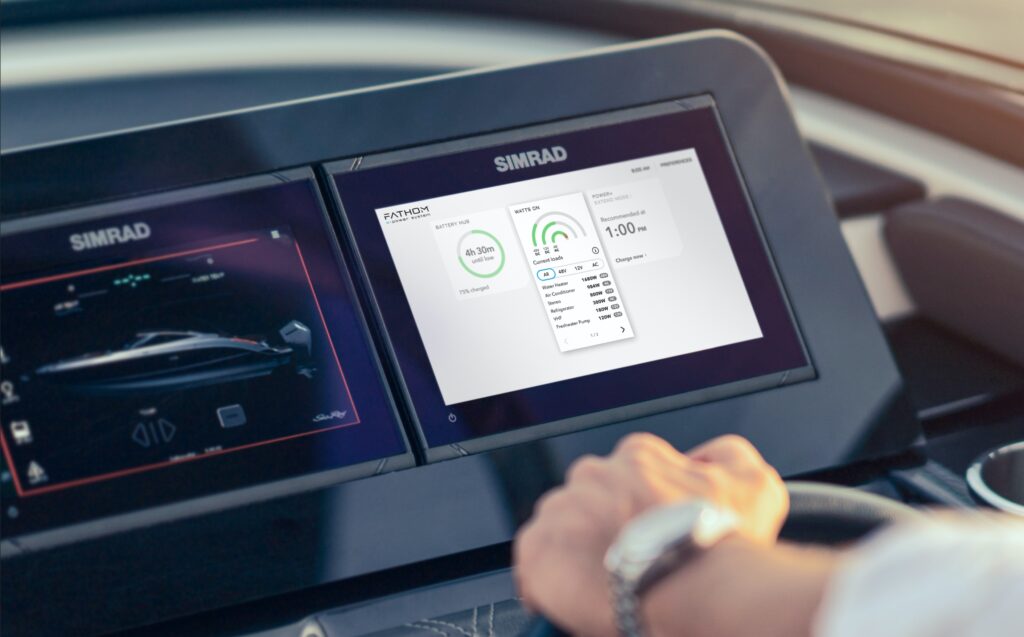
In July 2022 ASG (Advanced Systems Group) and Navico companies joined together under the Navico Group name, offering challenges and opportunities for all.
“Trying to bring two huge companies together is a challenge in itself, without even looking at the brands,” says Nick Holland (director – OEM marine division EMEA at Navico Group), previously director OEM and distribution EMEA of ASG.
“You’ve got people dotted around all over the globe in offices with bunches of legacy Navico people and ASG legacy people, so you have to form a new company and then come up with departments and get rid of replication.”
But, says Holland, that process also highlighted synergies and enabled new products like Fathom. That brought together seven Navico Group brands to create a complete e-power management system, essentially a silent running system which generates, stores, converts and distributes AC power.
Holland says the joy came from recognising the brand portfolio could enable something different and although he’d been working on something like Fathom for over a decade, it was not a joined-up approach.
“As ASG we worked in collaboration with Navico going back ten years designing systems like this. People were doing their bit but everyone had their own agenda and the companies were going in different directions.”
But the new group relationship opened doors.
“A bunch of people got together and thought about the brands we’d got which could be used to build a platform – almost from end to end in the boat. It’s the energy storage platform, the distribution platform, the monitoring platform – we realised we can do the whole lot ourselves. We’d never been able to do this before because there was always bits of the puzzle missing.”
Holland believes that currently Navico Group is the only company that can do this. “Someone else would need to reach out to so many other suppliers and manufacturers to enable them to build one. All of our brands are in-house, it means we can support it centrally and we can commission the whole system.”
He admits that lots of people will look at Fathom and say ‘that’s nothing new’ but counters with the fact that although the technology has been around for many years with the same concept (removing a diesel generator and using lithium-ion batteries to store energy), it wasn’t really until Navico Group was formed that it came to a workable reality.
And it’s a reality which is needed.
“As boats today are becoming more complex and sophisticated, people who are buying from 40 feet upwards tend to want the vessel to operate a little bit like being at home,” says Holland. He cites, among others, the power use of hairdryers, air conditioning, and electric hobs and says owners don’t want to be in a beautiful marina listening to a chugging generator. “It’s alright for the first five or ten minutes but eventually people get sick of it.
“But having more luxuries onboard means people need more power. A lot of the luxuries are using AC power. Typically there’s been one way of getting that – from an AC generator. The problem with that is that they’re not massively environmentally friendly.
“It’s been accepted for a long time in the yachting and boating community that that’s the price you have to pay to have AC onboard. What’s happened over the last ten years is we’ve had huge explosion with new technology in lithium ion and people are making batteries using lithium-ion to store a lot of energy very quickly in a really small footprint.”
Battery development is essentially what enabled Fathom to come to fruition.
Navico Group also includes Mastervolt which Holland refers to as ‘pioneering’ company. He says Mastervolt’s technology effectively means “you can chuck your diesel powered generator – with initial and maintenance costs – away. You can generate energy with an outboard engine, an inboard engine, solar, hydro-generators and they all produce DC current. All of that can be stored in lithium-ion batteries and then converted into AC to power appliances.
Then he mentions Mercury. “That also part of Brunswick Group,” he says (parent of Navico Group). “Mercury’s V10 and V12 outboards now come with alternators to generate lots of power in 12, 24 or 48 volts.”
Once that’s all in the system, so to speak, Fathom tries to automate as much as it can to take away user intervention and user error, Holland says. As well as prioritising power usage to owner’s needs, Fathom will send a note to the chart plotter, a phone or to the MFD to say there’s, for example, an hour and half left before the battery needs recharging. “Before Fathom crew had to tape over switches so they were never turned off – as loads came on, the skipper or engineer would turn other things off. Fathom takes away the over-intervention of managing the load.”
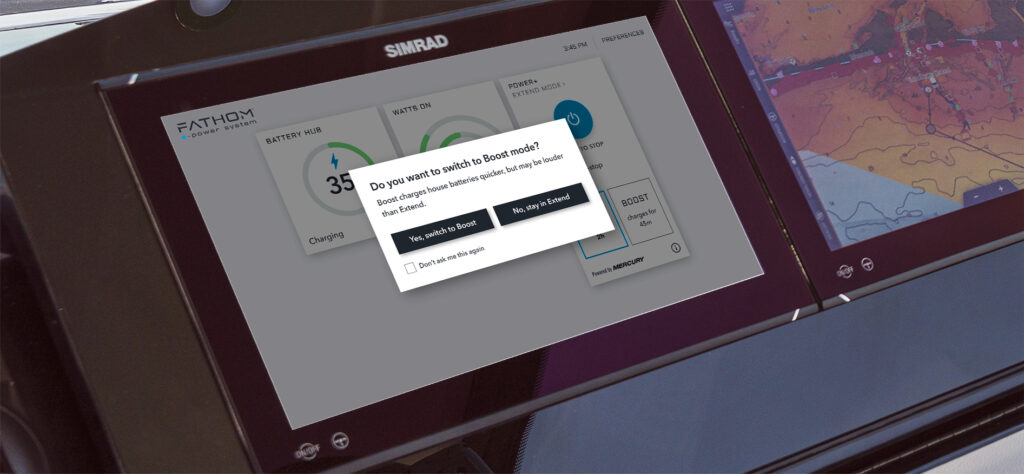
Not only does the system offer practical comfort, it’s also greener, says Holland.
“Everyone now is more environmentally conscious. And sustainable. There is a lot of government legislation driving these decisions. For the first time ever a company like Navico Group have been able to look at what we have internally and see what we’ve got, to become environmentally friendly.
“And we can help other people become greener by using our products and our solutions and the systems we’re designing. A boatbuilder can talk to us and have a direct partnership with us to work on more sustainable greener and cleaner systems going into their vessels. We can help them achieve some of their environmental goals and sustainability projects because of using our products – particularly Fathom.”

